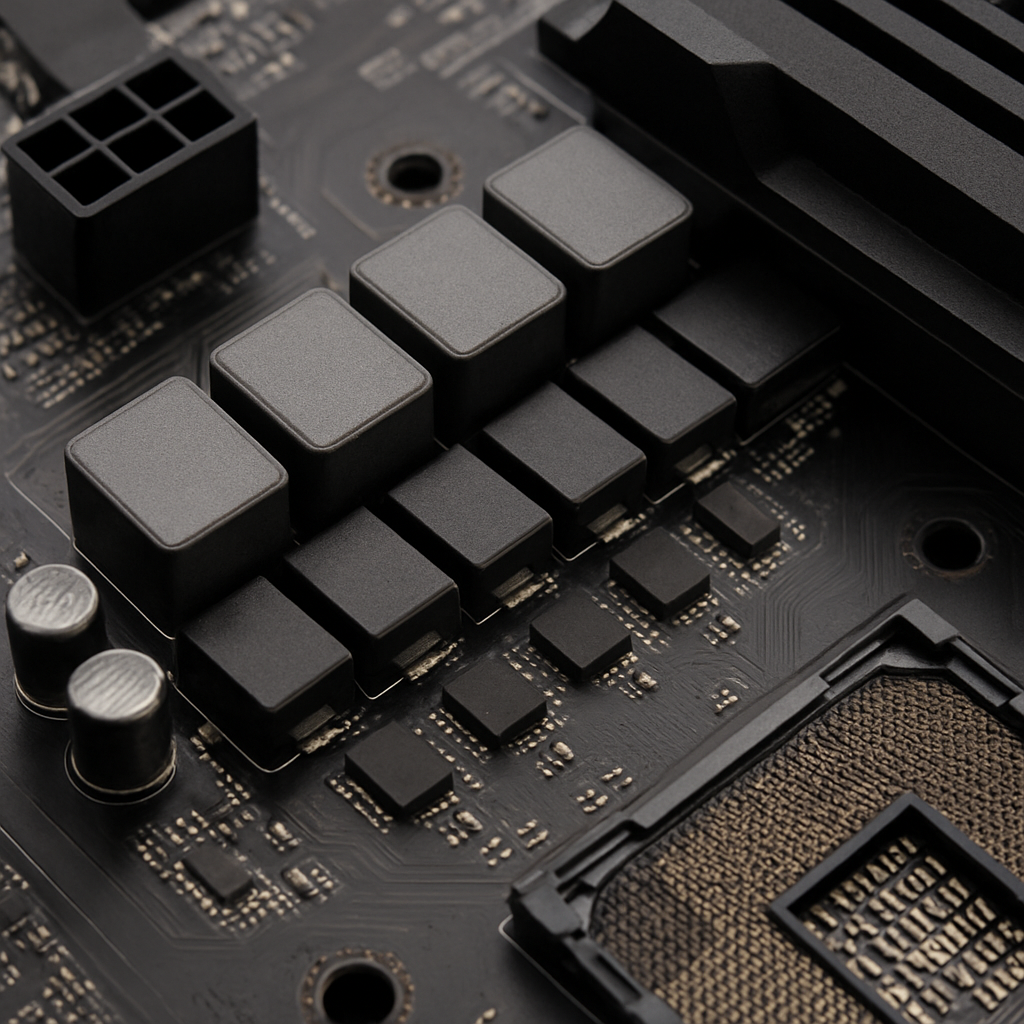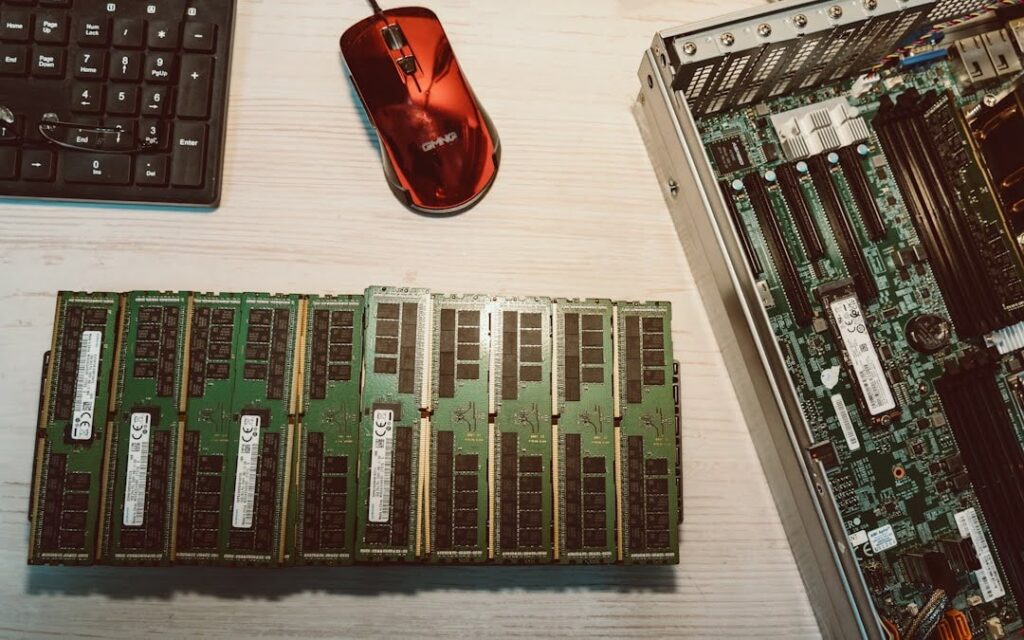When building or upgrading a computer, many people focus on getting the fastest CPU and the most powerful GPU. However, one crucial component often goes unnoticed: the motherboard. But can a motherboard bottleneck a CPU? This article will delve into this question, exploring what a bottleneck is, how it occurs, and what role a motherboard plays in the performance of your CPU.
Visit: Bottleneck CalculatorCPU to check your PC performance now!
Can A Motherboard Bottleneck A CPU
1. Understanding Bottlenecks
In the context of computer hardware, a bottleneck occurs when one component limits the performance of another. Imagine trying to fill a bottle with a narrow neck — the flow of liquid is restricted by the bottleneck. Similarly, in a computer, if one part is significantly slower or less capable than the others, it can prevent the entire system from performing at its best.
2. CPU and Motherboard Relationship
The CPU, or Central Processing Unit, is often referred to as the “brain” of the computer. It performs calculations, runs programs, and processes data. The motherboard, on the other hand, is like the nervous system, connecting different components and allowing them to communicate with each other.
For a CPU to perform optimally, it needs a motherboard that can support its capabilities. The motherboard provides the physical sockets and electrical connections that allow the CPU to communicate with the rest of the computer. If the motherboard is not up to par, it can potentially limit the performance of the CPU.

Can Your Motherboard Bottleneck Your CPU?
The short answer is yes, a motherboard can bottleneck a CPU, but it depends on several factors. Here are some ways in which a motherboard might limit CPU performance:
1. Incompatible Chipset
The chipset is a critical part of the motherboard that manages data flow between the CPU, memory, storage, and other peripherals. Different chipsets support different levels of performance and features. If your motherboard’s chipset is outdated or not compatible with your CPU, it can restrict the CPU’s capabilities. For example, a newer CPU might not reach its full potential if paired with an older motherboard that doesn’t support its features.
2. Power Delivery and VRMs
Voltage Regulator Modules (VRMs) on a motherboard provide power to the CPU. High-performance CPUs require more power, and if the VRMs on the motherboard are not robust enough, they can limit the CPU’s performance. This is especially important for CPUs that can be overclocked, as they draw more power when running at higher speeds.
3. RAM Speed and Compatibility
The motherboard determines the types and speeds of RAM that can be used. If a motherboard only supports slower RAM speeds, it can hinder the performance of the CPU, especially in tasks that are memory-intensive. Additionally, the number of RAM slots and maximum supported RAM can affect the overall system performance.
4. Expansion Slots and Bandwidth
Modern motherboards come with various expansion slots for GPUs, sound cards, and other peripherals. The speed and configuration of these slots (such as PCIe lanes) can impact the performance of the CPU. If the motherboard does not provide enough PCIe lanes or bandwidth, it can bottleneck the CPU, especially when using multiple high-performance components.
Read more: Can CPU Bottleneck RAM
How to Avoid Motherboard Bottlenecks
To ensure your CPU performs at its best, consider the following tips when choosing a motherboard:
Choose the Right Chipset
Research and select a motherboard with a chipset that supports the features and performance levels of your CPU. Ensure it can handle future upgrades if you plan to improve your system later.
Check VRM Quality
Look for motherboards with high-quality VRMs, especially if you plan to overclock your CPU. Good VRMs will provide stable power delivery and allow your CPU to perform optimally.
Consider RAM Support
Make sure the motherboard supports the type and speed of RAM you intend to use. Check the maximum RAM capacity and number of slots to ensure it meets your needs.
Evaluate Expansion Options
If you plan to use multiple GPUs or other expansion cards, choose a motherboard with sufficient PCIe lanes and bandwidth. This will prevent any bottlenecks related to expansion slots.

Conclusion
Can A Motherboard Bottleneck A CPU? While a motherboard can potentially limit the performance of a CPU, careful selection and compatibility checks can prevent this issue. Understanding the relationship between your CPU and motherboard, and ensuring that all components work harmoniously, is crucial for optimal performance. By paying attention to chipset compatibility, VRM quality, RAM support, and expansion options, you can build a system where your CPU and motherboard complement each other, ensuring smooth and efficient operation.
Remember, the motherboard is the backbone of your PC. It’s essential to choose wisely, as it can significantly impact the overall performance and capabilities of your computer system.
